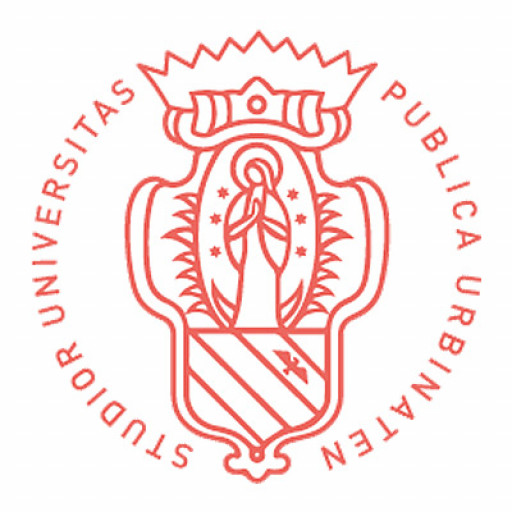Photos of university / #epflcampus
The aim of the Master of Science MSc in Digital Humanities program is to merge theoretical learning with practical and project-oriented training asked for by today’s businesses, academia, and the public sector.
Students have the opportunity to work on a variety of existing projects such as the Archives of the Montreux Jazz Festival, the Venice Time Machine, and research involving other corpora. These projects allow them to acquire the skills necessary to make sense of socially produced data.
Projects in Digital Humanities involve a wide range of techniques and tools from the computer and communication sciences fields that are at the core of challenging new applications such as: extracting and analyzing human behavioral patterns using social network data; building an immersive setup to recreate the authentic audio-visual experience of past concerts from the Montreux Jazz Festival archives; conducting layout analysis over millions of digitized newspaper articles from the last 2 centuries; or creating a smartphone app to identify paintings or details in paintings using deep learning techniques.
The Master of Science MSc in Digital Humanities enables students to interact with professionals from different academic and non-academic backgrounds. It allows them to transfer their skills into a successful career in the private or public sector.
Optional courses: students choose an orientation:
- A Audio-visual Media
- B Spatial Digital Humanities
Computer Science 25
- Applied data analysis 6
- Computational social media 4
- Digitalisation and visualisation 4
- Introduction to digital humanities 4
- Pattern classification and machine learning 7
Humanities 20
- Data corpora 4
- Digital culture 5
- Distant reading 5
- SHS: Introduction to project 3
- SHS: Project 3
Optional courses 15
- Advanced Computer Graphics A 6
- Analyse exploratoire de données géospatiales B 3
- Automatic speech processing A 3
- B2B high-tech marketing A B 4
- Computational Photography A 5
- Computer Vision A B 4
- d. Thinking: real problems, human-focused solutions A B 5
- Database Systems A 7
- De la structure a l'ornement A B 3
- Decision-aid methodologies in transportation B 4
- Digital 3D Geometry Processing A B 5
- Digital Education & Learning Analytics B 4
- Digital Humanities A B 7
- Digital Museology and Art History A 4
- Digital Musicology A 4
- Geocomputation B 3
- Human Computer Interaction A B 4
- Image and Video Processing B 6
- Image Processing 1 A B 3
- Image Processing 2 A B 3
- Introduction au BIM (Building Information Modeling) B 3
- Introduction to Natural Language Processing A B 4
- Linear Models A B 5
- Programming concepts in scientific computing B 4
- Spatial Statistics and analysis B 5
- Strategic Marketing and Technology commercialization A B 4
- Technology & innovation strategy A B 4
- Théorie de l'espace B 3
- UE H: Graphie B 4
- UE J : Territoire et paysage B 4
- UE R : Introduction au BIM (Building Information Modeling) B 4
- Virtual Reality A B 4
- Visions et Utopies A B 3
- Admission to the Master will be on a case-by-case basis (sur dossier). Students will be evaluated based on their academic curricula, which include knowledge of statistics and advanced programming skills, and a demonstrable interest in the broader field of humanities and social sciences.
- Your resumé (curriculum vitae)
- Copy of your University degree(s) or Bachelor's degree. If you don't have your degree yet, you will bring it to the Registrar's Office upon registration at EPFL*.
- Legalized transcripts from each university you have attended.
- A statement of purpose. See hereunder for a more detailed explanation.
- Three recommendations (except holders of any EPFL Bachelor's degree applying in another field than their original field and except for candidates from another Swiss university applying to a Master in the same field of study as their Bachelor).
During the electronic application process, you will have to give the details of three referees, who will then be requested to produce recommendation letters for you directly to EPFL. See hereunder for a more detailed explanation. - Your identity card or passport.
- For foreigners who already live in Switzerland: your residence permit.
- Extra documents such as TOEFL or GRE scores, research publications or other portfolios of your previous work, are welcome but not compulsory. We will only consider documents uploaded in your online application form. (No documents sent by postal mail).
- Application fee CHF 150.
Scholarships
- Excellence Fellowships









